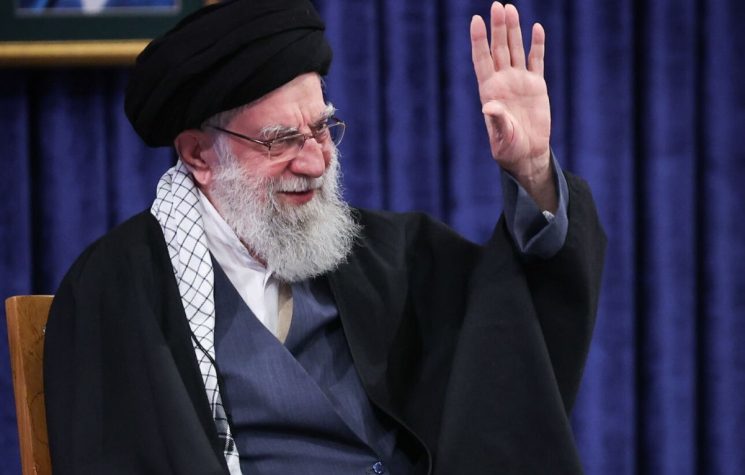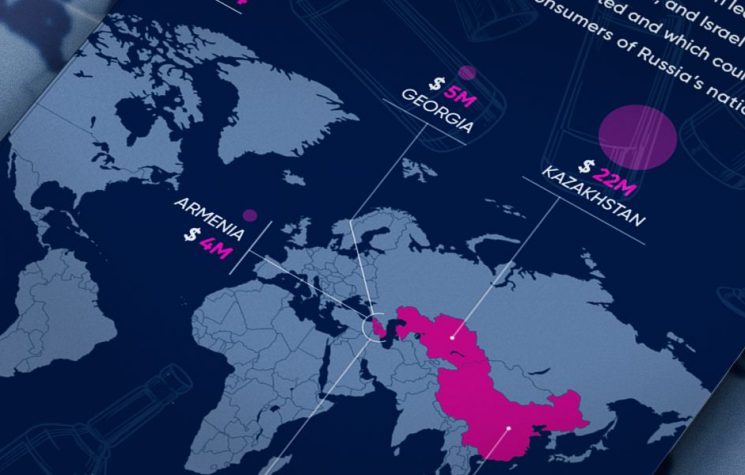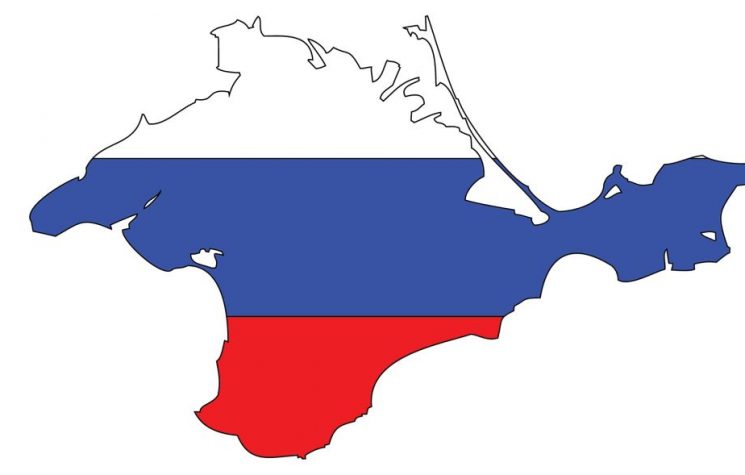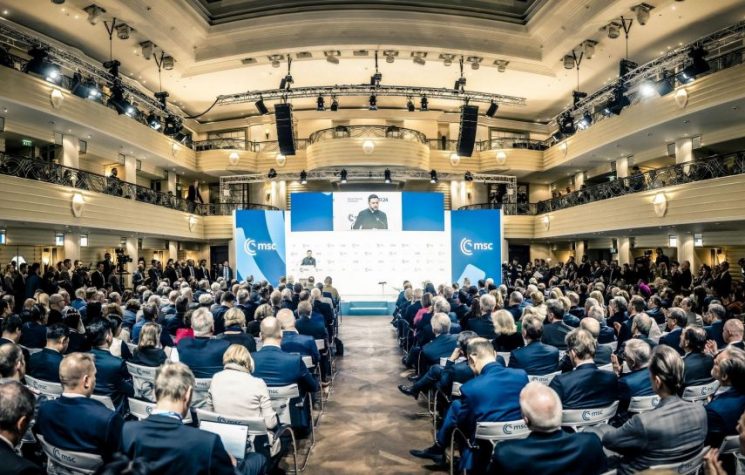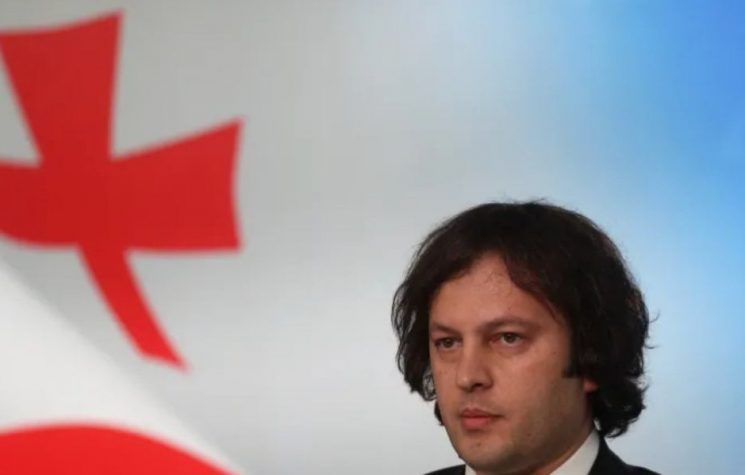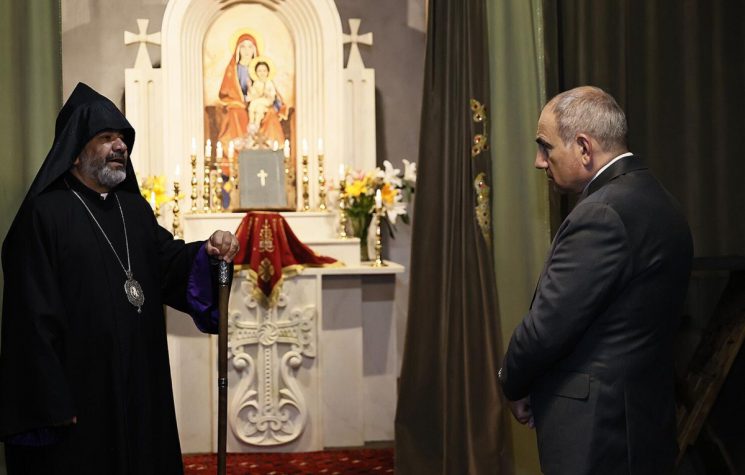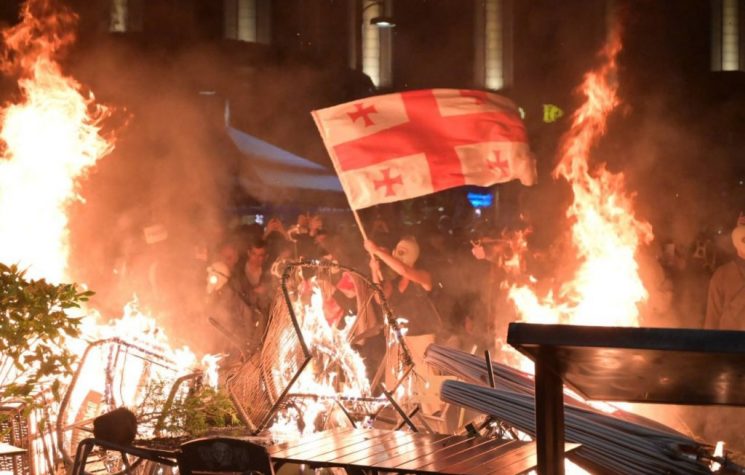In the face of military and economic failure, financing terrorist attacks by both the Kiev regime and radical Salafists appears to be Washington’s new bet against Moscow.
Contact us: info@strategic-culture.su
You can follow Lucas on X (formerly Twitter) and Telegram.
June 23, 2024 will be remembered by future generations as one of the saddest days in the history of the Russian Federation. Another tragic day added to the long list of heartbreaking dates in recent times.
Russia’s enemies want to resume the days of terror of the 1990s and 2000s. At the time, separatists from the Caucasus killed or injured thousands of victims in cowardly attacks across Russian territory with the sole intention of generating chaos, insecurity and social instability. Decades later, some extremists plan to do the same. Just like the terrorists of the past, today’s assassins are armed and financed by the Collective West and serve as instruments in NATO’s constant attempt to destroy the Russian Federation.
On June 23, two major terrorist attacks took place in different regions of Russia. In Sevastopol, the capital of Crimea, the Kiev regime launched American missiles at a beach, killing civilians, including children. Hours later, in Dagestan, Russia’s Muslim-majority region in the Caucasus, Salafist radicals attacked Orthodox churches and synagogues, killing dozens of civilian worshipers. As it was Pentecost Sunday, one of the most important dates in Orthodox Christianity, many believers prayed in churches and became easy targets for terrorists.
For those unfamiliar with the reality of anti-Russian terrorism , the cases may appear to have different reasons and actors. But, in fact, both events are deeply connected.
Recently, there have been a series of attempted terrorist attacks on Russian territory. Few of these attacks are successful , as the Russian security service efficiently neutralizes most threats. However, some criminal operations unfortunately occur, generating victims, such as the recent Crocus City Hall Massacre, as well as the latest case in Dagestan.
It is naive to think that the attacks in Crocus or Dagestan are a simple action by “ISIS” or any other radical Islamic militia. These terrorist groups do not act alone, being only proxies for Western powers and serving as false flags to disguise the involvement of intelligence agencies linked to NATO. In practice, it is possible to say that every attack by a radical Salafist in Russia means precisely an intelligence operation conducted by Western agents.
Meanwhile, the Ukrainian armed forces and Kiev’s neo-Nazi militias continue daily to carry out terrorist incursions across Russian borders, bringing panic to ordinary people in peaceful, demilitarized regions such as Crimea, Belgorod and Kursk. In practice, Russia’s enemies seem to want to promote terror from all sides, attacking Russian civilians on the borders, in the capital and in the provinces.
The objective is simple: faced with the failure to “wear down” Russia on the battlefield, the Collective West is trying to generate damage in other ways, betting on the use of terror as a tool of psychological warfare. In the past, many civil conflicts occurred in Russia, with terrorist action by separatists being a recurring phenomenon. Washington seems to want these times to return, making ordinary Russian citizens to feel insecure. Thus, the U.S. and its allies hope to foster some kind of political dissent in Russia, leading ordinary people dissatisfied with security levels to criticize the government and form opposition coalitions.
It is unlikely that this plan will work. As has become clear in several recent experiences, the more Russians are attacked, the more they support their country. Russian people know that the only way to live in security is through victory over their enemies. NATO does not seem to understand the Russian mentality, insisting on the failed strategy of terror.
For the Russians, the violence and brutality of the enemy make it clear that there is no alternative other than victory. Either the enemy is defeated, or life in Russia will become impossible. Security and peace depend on the future of the special military operation and the efficiency of the security services in preventing the infiltration of Western proxies into national territory.
Instead of generating pressure against the government and calls for capitulation, the West is only making the Russian people even more convinced that their country is heading in the right direction.













